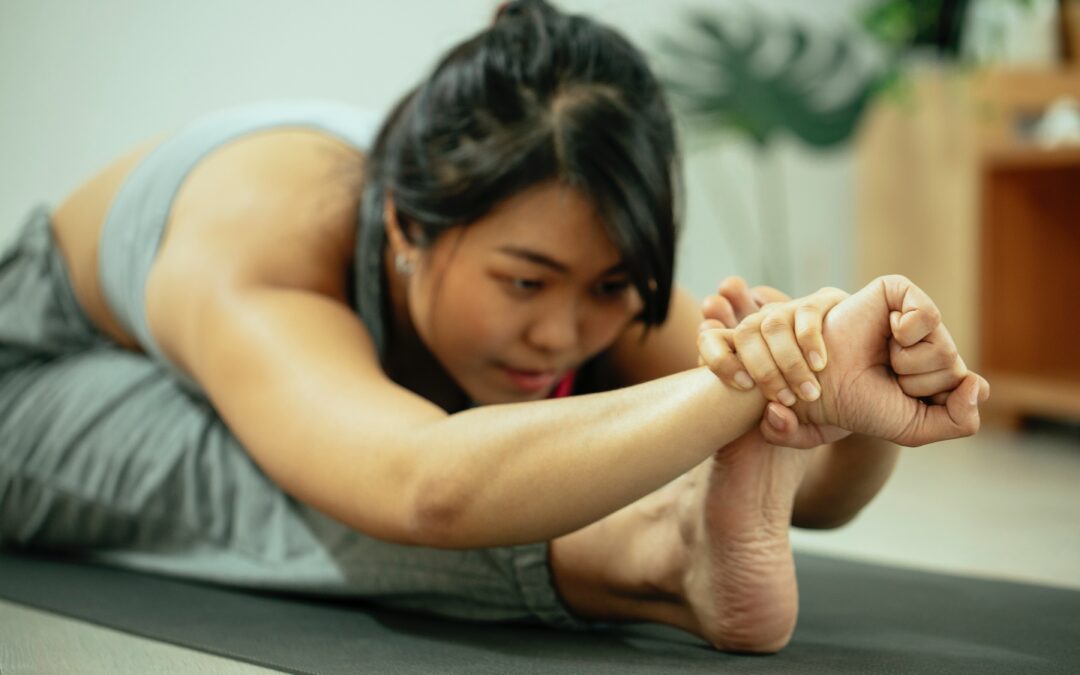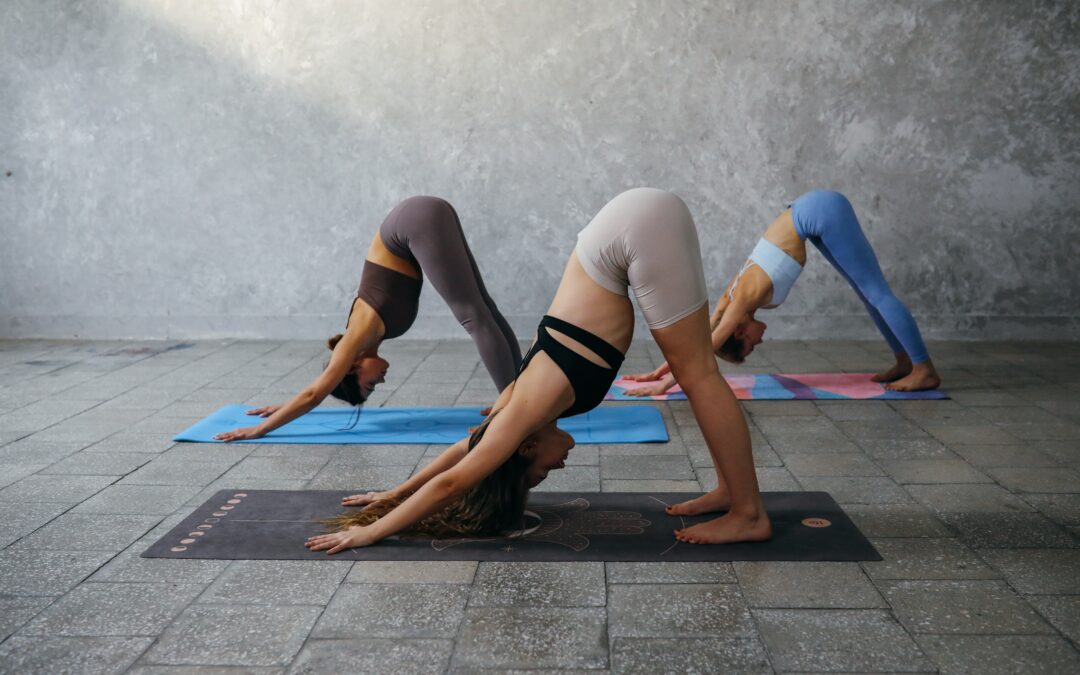According to Sadhguru (2022), “Yoga is not an expression of who you are; it is about determining who you are; it is about changing the very fundamentals of one’s existence.” Yoga has the potential of starting a transformation process, as we turn towards ourselves and determine how we would like to manifest in life. This blog post is about the possible positive changes in practitioners’ lives coming with yoga practice.
1. Yoga may benefit vital functions by restoring healthy sleeping patterns
As Harvard Medical School, Division of Sleep Medicine (2022) puts “Scientists have gone to great lengths to fully understand sleep’s benefits. In studies of humans and other animals, they have discovered that sleep plays a critical role in immune function, metabolism, memory, learning, and other vital functions.” We know these facts, yet we do not know how to counterbalance our busy lives. Thus, we may observe negative effects of our modern lifestyle on sleeping patterns. Vera et al. (2009) found that long-term yoga practice is found to be associated with improved sleep quality. Although further research is needed, one might say conscious relaxation, activation of the Parasympathetic Nervous System in yoga classes can be the possible candidates for explaining this association. With improved sleep quality, it is possible for us to observe positive reflections in our daily lives as Harvard Medical School describes.
2. Yoga may help improving posture
If we sit a lot during the day unaware of our posture, we may find our spine no longer manifesting its beautiful curves. Hunchback, forward head posture, rounded shoulders are the most common signals of the body, directing us to work on our posture. In yoga classes, while working on the alignment of poses, awareness of the posture develops inevitably. Practitioners realizing the most efficient ways to use the body with ease and comfort in poses may apply this knowledge to their posture. Moreover, yoga classes incorporating the four possible movements of the spine may contribute to the health of the spine. These movements are flexion, extension, lateral bend, and twists. Moving the spine in all possible directions can be beneficial for the spine to age without getting stiffer.
3. Yoga may balance flexibility and strength
Both hypermobile practitioners and practitioners with stiff muscles may benefit from yoga. Yoga aims to bring the body and mind to a state of balance. Thus, while hypermobile practitioners get stronger with yoga, practitioners with inelastic muscles and connective tissues may improve flexibility.
To learn more about the possible benefits of practice of yoga poses together with breathing techniques and spiritual understanding, you can check out the following video by Sudhir (2020):
4. With rich range of practices, yoga may help to sustain a healthy living style more easily
As Ross et al. (2012) suggests, one of the most important things to benefit from yoga is regular practice. In their study, authors assert that “In general, frequency of yoga practice outside of class, as opposed to years of yoga practice or class participation, was repeatedly a predictor of aspects of health including mindfulness, subjective well-being, BMI, fruit and vegetable consumption, and sleep disturbance. It did not appear to matter how long an individual had practiced yoga. Rather, it appeared to matter how often they practiced.”
Although possible benefits may change from one type of practice to another, in yoga there are many ways to pursue the practice. Besides the regular yoga classes, the existence of different practices like breathwork, meditation, chanting, mantras offer flexibility to practitioners. This rich content allows practitioners to adapt the practice, and make it easier to sustain self-discipline. Thus, it can be easier to develop a sustainable practice which may bring higher returns in the long-term.
5. Yoga may reduce stress and anxiety
In their latter study, Rose et al. (2013), reported that “Participants agreed yoga improved: energy (84.5%), happiness (86.5%), social relationships (67%), sleep (68.5%), and weight (57.3%), and beliefs did not differ substantially according to race or gender. The more they practiced yoga, whether in years or in amount of class or home practice, the higher their odds of believing yoga improved their health.” based on the survey analyses of 1045 individuals. Results of the survey are very remarkable. Each of the topics ranging from improved energy to happiness require further analysis. We have prepared a detailed blog post on How does yoga help relieve stress? You are invited to find out how yoga might help reduce stress.
Returning to Sadguru’s beautiful definition, yoga is a process of determining who we really are, which means taking the responsibility of our happiness and peace. Would you like to start this wonderful journey with us? Download Trueyogi from Appstore and start exploring!
References:
Ross, A., Friedmann, E., Bevans, M., & Thomas, S. (2012). Frequency of yoga practice predicts health: results of a national survey of yoga practitioners. Evidence-Based Complementary and Alternative Medicine, 2012.
Ross, A., Friedmann, E., Bevans, M., & Thomas, S. (2013). National survey of yoga practitioners: mental and physical health benefits. Complementary therapies in medicine, 21(4), 313-323.
Sudhir. (2020, June 18). What yoga does to your body and brain – Krishna Sudhir. YouTube. Retrieved December 14, 2022, from What yoga does to your body and brain – Krishna Sudhir
Vera, F. M., Manzaneque, J. M., Maldonado, E. F., Carranque, G. A., Rodriguez, F. M., Blanca, M. J., & Morell, M. (2009). Subjective sleep quality and hormonal modulation in long-term yoga practitioners. Biological psychology, 81(3), 164-168.
What is yoga? Sadhguru dispels 3 misconceptions about yoga. What Is Yoga? Sadhguru Dispels 3 Misconceptions About Yoga. (2022, May 26). Retrieved December 2, 2022, from https://isha.sadhguru.org/yoga/new-to-yoga/what-is-yoga/
Why sleep matters: Benefits of sleep. Sleep Medicine. (n.d.). Retrieved December 2, 2022, from https://sleep.hms.harvard.edu/education-training/public-education/sleep-and-health-education-program/sleep-health-education-41
Scan the QR below and download Trueyogi



